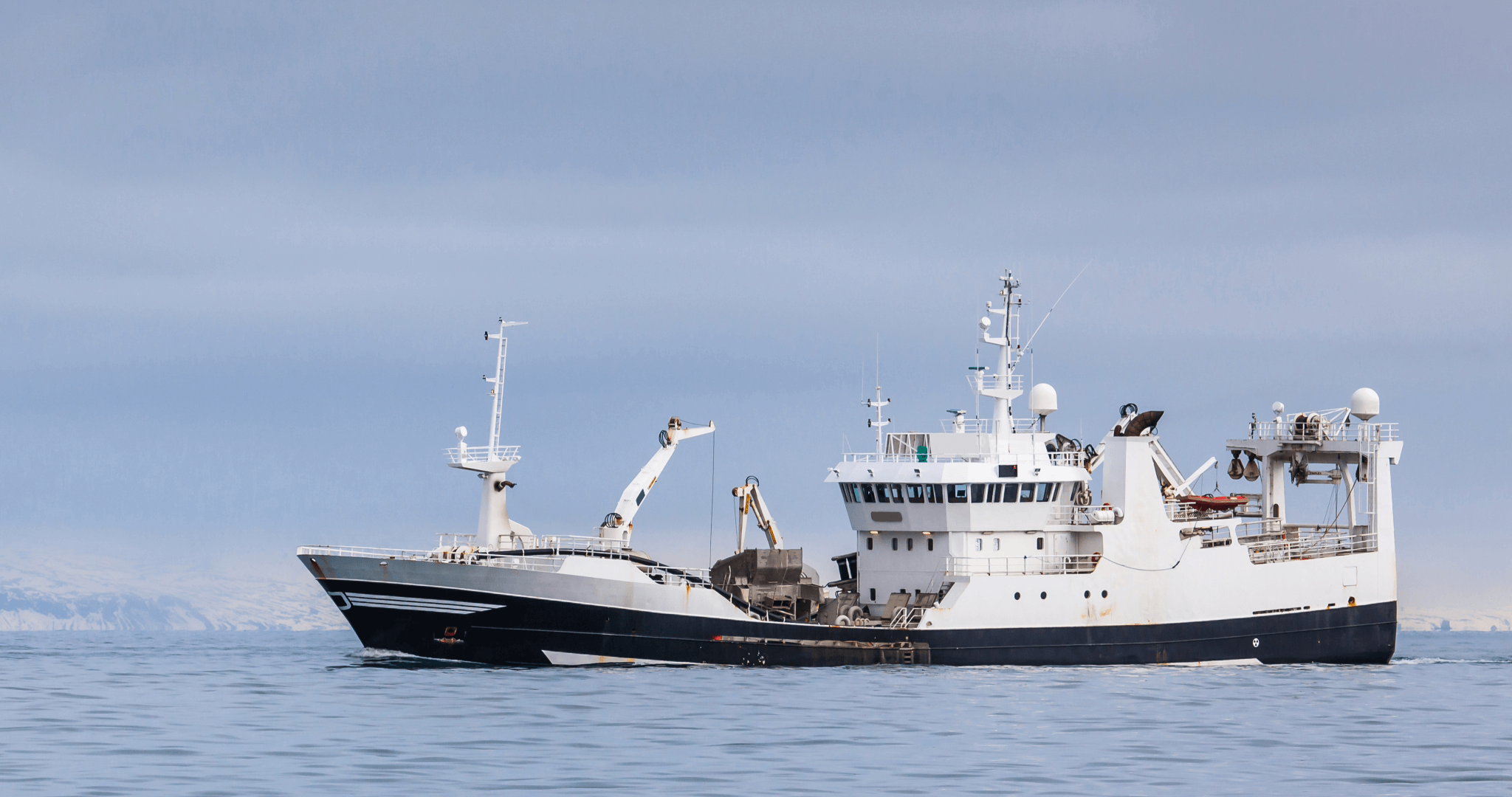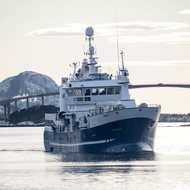Unfounded Fears: The Truth Behind Russia's Fishing Ban and the UK's Fish & Chips
Posted by Emma on 20th Jan 2024 Reading Time:
The recent announcement by Russia to revoke a longstanding fishing agreement with the UK, dating back to 1956, has stirred media attention and public concern, particularly regarding the potential impact on the UK's traditional dish, fish and chips. However, a closer examination reveals that the situation is far less alarming than initially perceived.

Firstly, the Russian government's decision is primarily symbolic as part of its broader strategy to distance itself economically and politically from Western countries. This move is a response to the sanctions imposed by Western nations, including the UK, in the wake of Russia's invasion of Ukraine in 2022. The action reflects Russia's ongoing effort to reorient its international relations and economic ties in the face of global criticism and isolation.
In terms of the practical implications for the UK fishing industry, they are minimal. The National Federation of Fishermen's Organisations has clarified that UK vessels rarely, if ever, fish in the Russian sector of the Barents Sea, the area specified in the revoked agreement. This is due to the geographical distance and the nature of the UK's fishing fleet. The larger UK vessels that could potentially reach these distant waters, such as the pelagic fleet and the Kirkella, focus on different fishing grounds, primarily in the North Atlantic.
The media portrayal, particularly by outlets like Sky News, has exaggerated the impact of this ban on the UK's fish and chips industry. Claims that the ban would threaten the availability of fish for this iconic dish are unfounded. The UK sources the majority of its cod and haddock from various fisheries across the Northern Hemisphere, ensuring a stable supply of fish and chips, irrespective of Russia's decision.
In summary, while Russia's announcement of revoking the 1956 fishing agreement with the UK may have symbolic significance in current geopolitical tensions, its practical impact on the UK fishing industry and the availability of fish for beloved fish and chips is negligible. This instance underscores the importance of critically assessing news reports and understanding the broader context of international decisions.

